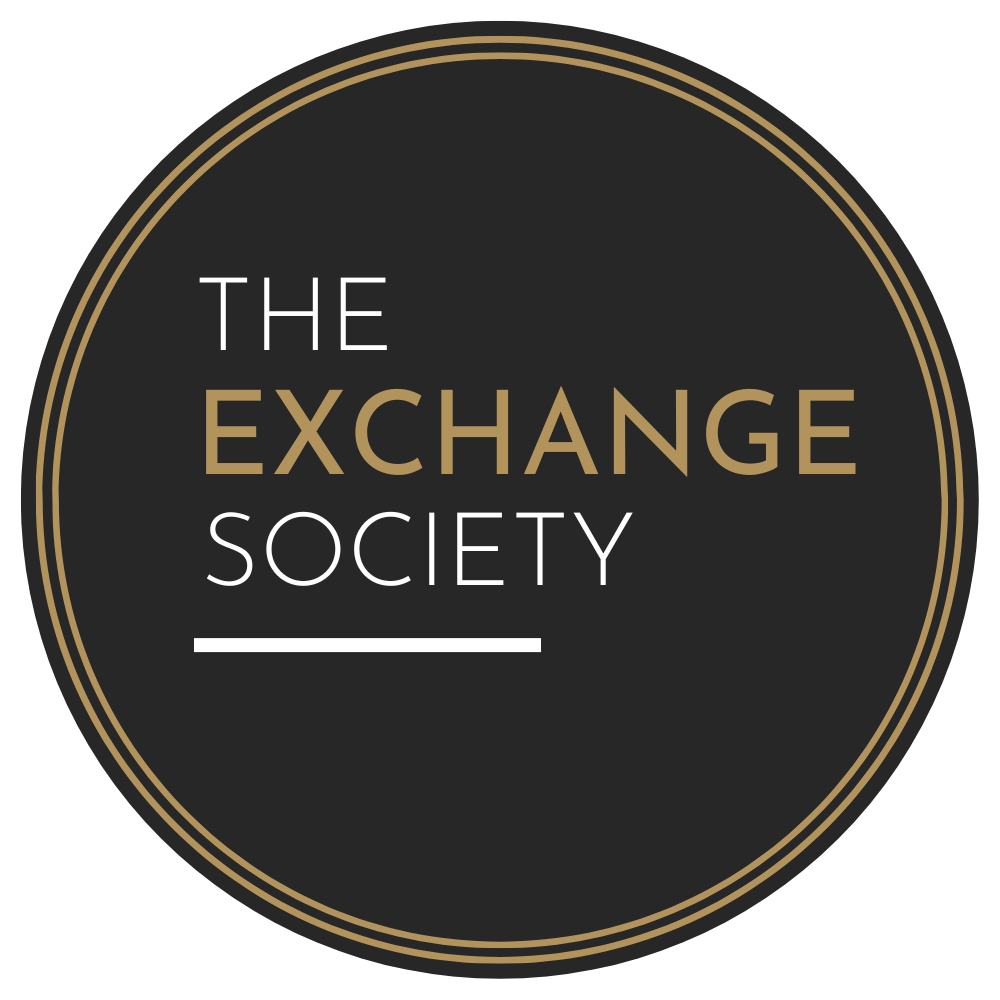What’s in a reflection? The beauty in looking back
Photo by nine koepher from Unsplash
My foray into the practice of self-reflection was during my first year of teaching. As a central activity in a novice teacher's professional process —and one that I initially met with great resistance—after habitual practice, I began to see tangible benefits. I quickly discovered that self-reflection is a powerful tool and one that should be part of the arsenal of any creative professional women. And what better time to look back on oneself than on the dawning of a new year.
Self-reflection is a process where you look back on yourself and the world from the point of introspection—observing your ideas, thoughts, actions and aspirations. Not only does the practice enrich your personal life, but it can deepen your awareness around how you wish for your life to evolve.
"You can't connect the dots looking forward; you can only connect them looking backwards" - Steve Jobs.
Failures are our biggest teachers.
It can be easy to label 2020 as a failure in its entirety. Many of us were forced to pivot and change the way we conducted business. Here at CWC, we had to find a way to bring all our planned in-person events to a virtual setting, whilst still creating engaging experiences for our members. With forced change, also comes great learnings. For CWC, we discovered that virtual events opened up our message to those outside of the Melbourne area, allowing women world-wide to join in on the conversation; adding a richer dimension to our connection and community values.
The magic lies in self-awareness.
Dr Tasha Eurich, an organisational psychologist and Keynote speaker, explains that self-awareness results in being able to see ourselves more clearly, be more confident and creative. Eurich also argues that introspection (i.e. the practice of self-reflection) does not make someone self-aware. So how do self-awareness and self-reflection come together?
"The problem with introspection isn't that it is ineffective—it's that most people are doing it incorrectly." - Dr Tasha Eurich.
The reason for this is because many begin the practice of reflection with the question "why?". "Why did I not perform well at my last interview?" "Why did my product not take off as planned?", "Why do I always experience writer's block when I have an impending deadline?" "Why can I never stay on top of my content planning?" (These last two I am particularly familiar.)
When we ask "why" we are providing the ideal breeding conditions for negative thoughts, full of fears, insecurities and shortcomings. Instead, we must approach self-reflection through an activity of self-assessment; analysing one's strengths and weaknesses. As Eurich puts it, we should be asking "what" instead of "why". With "what" questions helping us to stay future-focussed, objective and more empowered to take action on our new insights.
Self-reflection how-to:
As you begin the practice of self-reflection this year, try asking yourself:
"What are some of my successes from the last 12 months?"
"What were some areas that I fell short?
"What has been my strengths/where have I grown?"
"What are my goals for the upcoming year?"
"What has been my biggest lesson in life or business?"
Your self-reflective practice can be as informal or formal as you like. You can journal or complete a writing exercise, meditate or take a contemplative walk amongst nature.
Insight into Action:
"The key to success is to start before you're ready." - Marie Forleo.
Any self-reflective exercise is the ideal primer for goal-setting. After all, you're in the perfect mindset to create intentional goals! Ask yourself where you want to be in the next 3, 6, 12 months and beyond? Can you identify any values present in your goals? Then use these values to steer your goals, objectives and decision making in the future.

